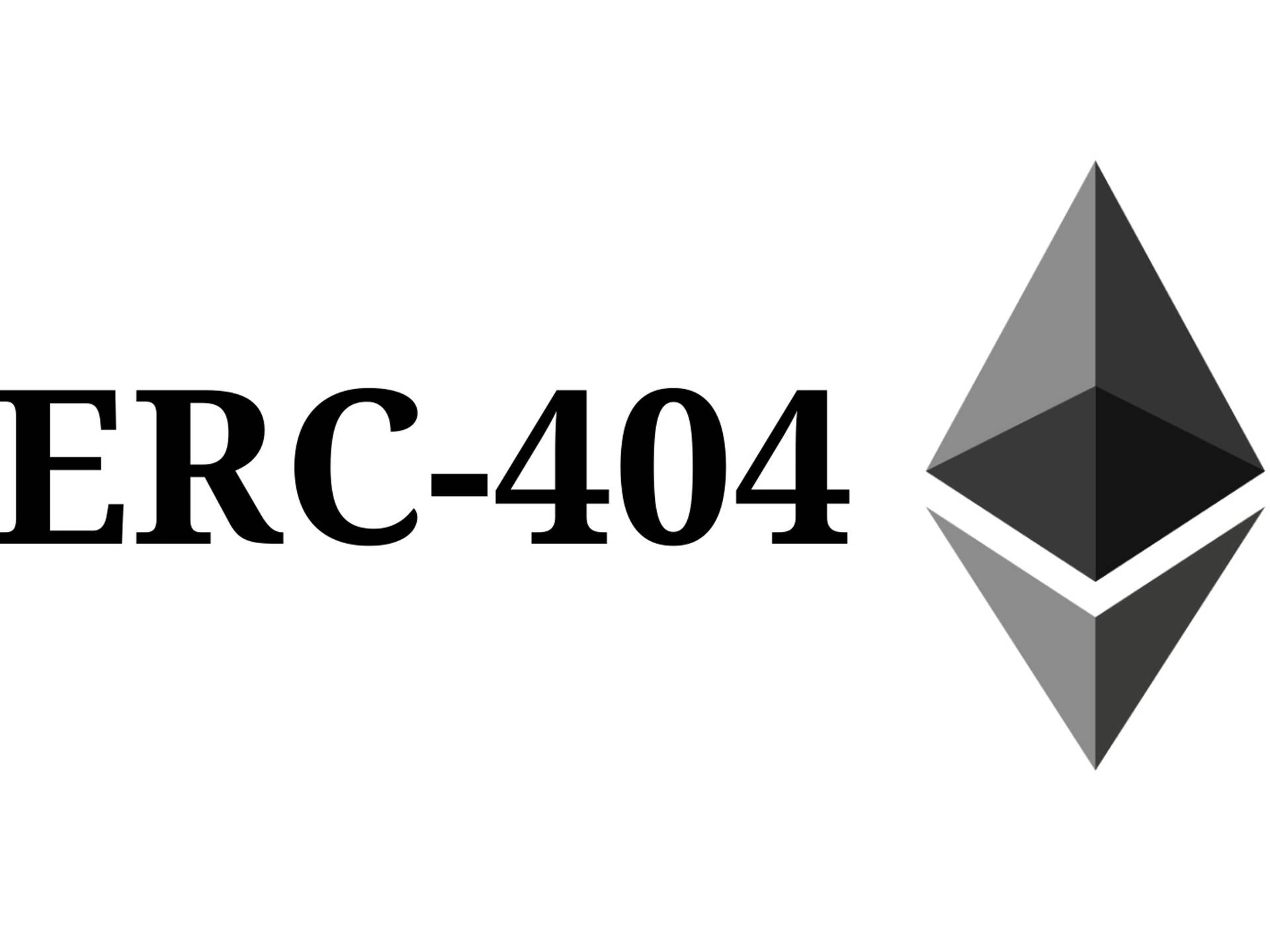위키 구독하기
Share wiki
Bookmark
ERC-404
0%
ERC-404
ERC-404는 이더리움 블록체인에 구축된 실험적인 토큰 표준입니다. ERC-404는 ERC-20 토큰(대체 가능 토큰)과 ERC-721 토큰(대체 불가능 토큰 또는 NFT)의 기능을 단일 표준으로 결합하는 것을 목표로 합니다.[4]
2024년 2월 현재 ERC-404는 공식적으로 인정된 이더리움 토큰 표준이 아닙니다. 현재 개발 중이며 아직 공식 이더리움 개선 제안(EIP)으로 공식적으로 제안되지 않았습니다. 그러나 여러 프로젝트에서 이미 이 표준을 채택하여 잠재력을 입증했습니다.[8][9][10]
개요
ERC-404라고 불리는 비공식적이고 실험적인 이더리움 표준은 대체 가능 토큰과 대체 불가능 토큰(NFT)의 하이브리드가 되는 것을 목표로 합니다. Pandora라는 프로젝트에서
잘못된 내용이 있나요?
